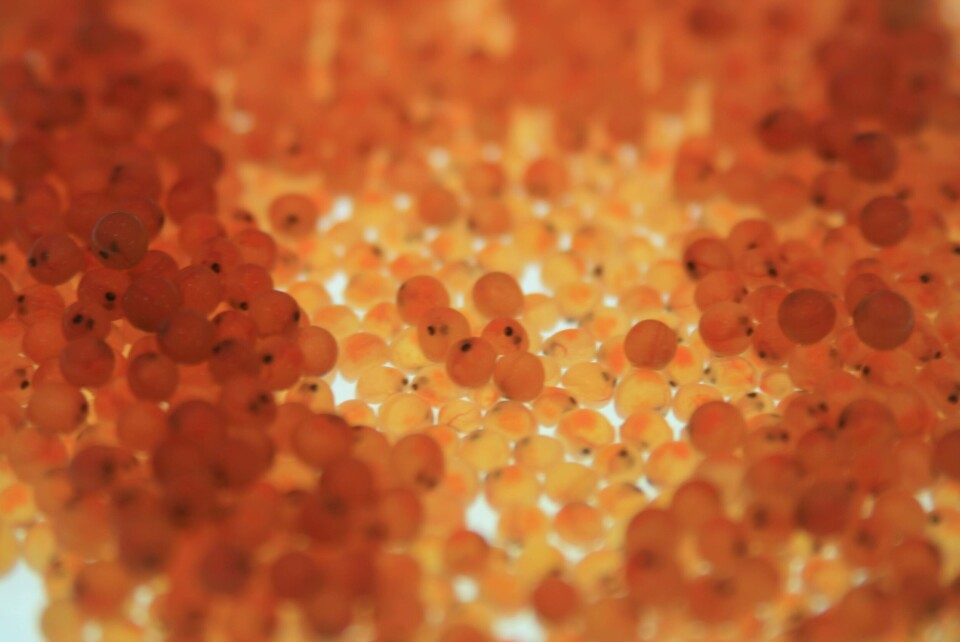
Tracking escapees on Aquagen agenda
The results of a project that facilitates the genetic tracking of escaped farmed Atlantic salmon are going to be discussed by Aquagen at AE2016 this week.
Called the TRACK project, the results are being presented by Kim Erik Grashei, a researcher at the Norwegian University of Life Sciences.
Every year there are more than 100,000 reported farmed salmon escapees in Norway, which causes concern about the possibilities of them interbreeding with wild salmon. The Norwegian government wants salmon farmers to bring the industry under control, and has set a goal of no escapees. However, until this is achieved, there is the question of accountability.
“For a fish farmer to be held accountable for an escape incident, it must be possible for a fish to be classified correctly as escaped farmed Atlantic salmon, and to be tracked back to its source. This requires a high degree of precision to avoid accusing the wrong fish farmer,” said Grashei.
Track was launched in October 2014 – a system that can genetically trace farmed fish through the genotyping of all parent Atlantic salmon broodstock used in food production in Norway.
The system uses a Single Nucleotide Polymorphism chip (SNP-chip), a genetic marker tool produced by Affymetrix, which can identify an individual’s genome. 55,000 SNPs are relevant to the AquaGen strain of fish, and when assessed in combination, they are unique to families.
“We record all combinations of parents, and keep a comprehensive record of the eggs sent to each customer. The origin of any escaped farmed Atlantic salmon can thus be easily tracked with a high degree of precision using parentage assignment,” explained Grachei.
Until all fish are recorded in this way, AquaGen is able to use a combination of ‘exclusion ratio’ and ‘genomic relationship likelihood’ methods to assign parents to unknown escaped offspring. The company has full confidence in the precision of results provided by these methods.
Andrew Reeve, who heads up Aquagen’s sales and marketing effort in the UK and Ireland, will also be at the show, chatting to customers in the trade stand arena about new developments in egg production.
“We have some exciting news for salmon farmers, in that the first eggs produced from parents selected using genomic breeding values for sea-lice resistance, amoebic gill disease (AGD) resistance, and growth, will be ready for shipping to UK and Norwegian customers in October and November. We look forward with interest to monitoring the performance of these fish,” said Reeve.
Genomics involves selection using the 55,000 gene markers and enables Aquagen to identify the best individuals from the best families, to give faster genetic progression.
“This is a first for global salmon aquaculture, and is just one of the developments that has helped AquaGen to develop a range of products to meet with customers’ needs,” he said.




















































